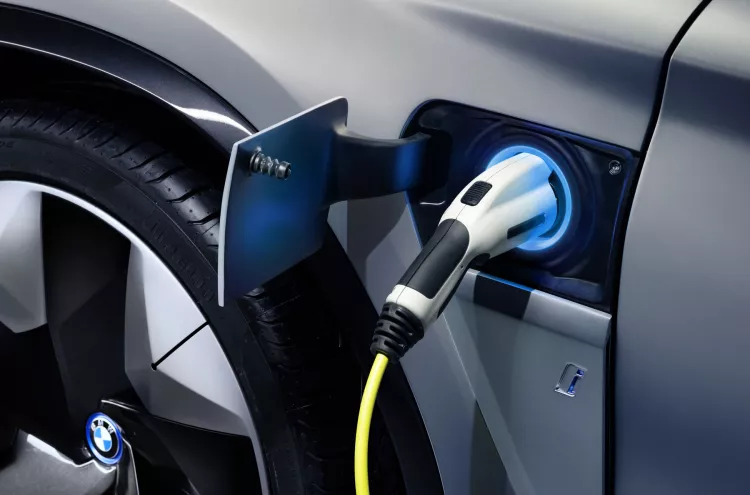The Indian government has decided to cut VAT on electric vehicles from 12% to 5% and charging stations from 18% to 12%. In addition, the purchase of electric buses by the municipalities is exempt from VAT.
The changes will come into force on 1 August 2019. The VAT on petrol and diesel remains at 28 percent. With the tax cut, the Indian government wants to reduce the price difference between the two types of power in order to make electric cars more affordable.
However, an exemption from the registration fee for electric vehicles, which was discussed in June, was not decided. Reports are still in the room to increase the registration fee for gasoline and diesel.
However, the Federal Bureau of Indirect Taxes (abbreviated to GST) has made the condition that the vehicles have at least 12 seats eligible for the tax exemption for electric buses. The Indian government wants to promote not only renewable energy, but also clean traffic.
Polestar 2 Standard Range Single Motor's battery capacity has been increased. As a result, polestar can enhance the power of the battery cell chemistry by 5 kWh to a total of 69 kWh without affecting the vehicle's weight. Polestar's cars are… Continue reading
The batteries in electric vehicles have the added benefit of being recyclable after serving multiple purposes. Audi incorporates prototype automobile batteries into portable power stations. Electric rickshaws in India give them a new… Continue reading
The US government wants to abolish state subsidies for electric cars and renewable energies. US President Trump would like to eliminate state subsidies for electric cars immediately, but now, a new bill in Congress provides for an extension of tax… Continue reading
In recent months, the framework conditions for a quick ramp-up of electromobility have deteriorated dramatically due to a shift in interest rates, inflation, and growing costs for batteries, automobiles, and electricity. According to the… Continue reading









